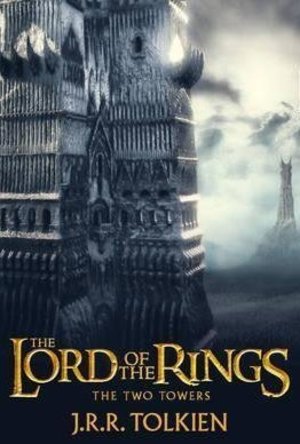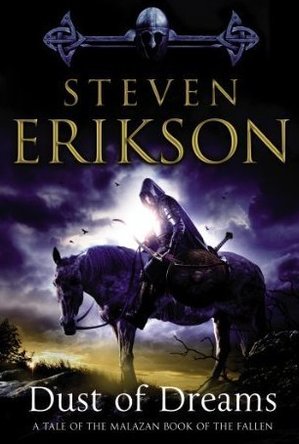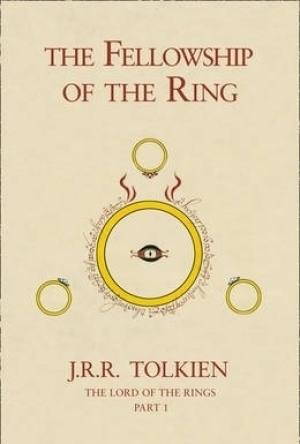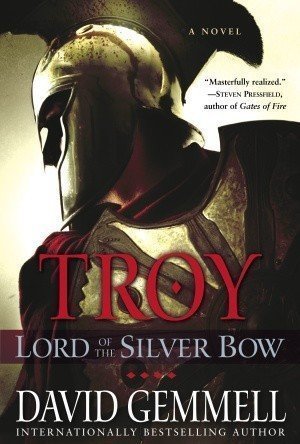As such, I'm always going to view this title with rose-tinted glasses as it was my warm welcome to the world of heroic fantasy.
Here's the plot outline - Druss is a badass with a big axe, who's known throughout the world as such.
He believes he is to die in his 60th year after seeing a vision in his younger days, which he now is. Living in isolation after the death of his wife, he has sworn never to fight again.
Meanwhile, a warlord named Ulric, leader of a warring, tribal people known as the Nadir has united the feuding clans and amassed an army bigger than any that exist in the south, and he is coming to stamp his rule on the Drenai empire.
In order to get from north to south, he must pass the ancient fortress of Dros Delnoch. This is the battle ground.
Druss, having heard of the army one million strong heading to crush his people, Druss decides it's once more unto the breach, and travels to the doomed fortress to make his last stand with the forces there.
Lots of engaging characters, moral qualms, and of course visceral battle scenes full of heroics, this is a classic tale of underdog army vs army.
I just bloody love it.
- Rob

The Return of the King (The Lord of the Rings, #3)
Book
The Companions of the Ring have become involved in separate adventures as the quest continues....

The Ninth Rain
Book
Jen Williams, acclaimed author of The Copper Cat trilogy, featuring THE COPPER PROMISE, THE IRON...

Dust of Dreams
Book
The penultimate book in the acclaimed Malazan Book of the Fallen fantasy series On the Letherii...

Warhammer: Vermintide 2
Video Game Watch
Vermintide is back – darker, bloodier and more intense than ever! Warhammer: Vermintide 2 is...
action warhammer

The Fellowship of the Ring
Book
Continuing the story begun in The Hobbit, this is the first part of Tolkien's epic masterpiece, The...
David McK (3692 KP) rated Lord of the Silver Bow (Troy #1) in Books
Nov 13, 2022
Still as good as ever. I've yet to find someone to match Gemmell for this style of work.
<<2011 review>>
While perhaps more famous for his Drenai series of books (that began with 'Legend'), throughout his life David Gemmell wrote many other books as well.
At the time of his death in 2006, he was working on a novel called "Fall of Kings": the final part of a trilogy that began with with this novel. The trilogy, as a whole, was a re-working of the story of Troy: set during the early bronze age and with some famous (as well as some not-so-famous) characters from that legend all making an appearance. This first novel introduces us to some of those characters and sets the scene for what is to come ...
As it's a Gemmell book, it's a pretty safe bet what to expect: the man was famous for writing heroic fantasy, with his characters as (nearly always) flawed in some respect: the main characters in this book (particularly Helikaon) are no exception to that rule. While it could be argued that the novel could do with a bit of trimming in some of the slower sections, this is still an impressive piece of work.
Travis Knight recommended Buffy the Vampire Slayer (1992) in Movies (curated)

Dangerous Curves: Action Heroines, Gender, Fetishism, and Popular Culture
Book
Dangerous Curves: Action Heroines, Gender, Fetishism, and Popular Culture addresses the conflicted...

The Ruby Dragon Prince (Omega Fairy Tales #1)
Book
Once upon a time, in an enchanted kingdom of captive omega princes and jeweled dragon alpha...
Fantasy Fairy Tales Omegaverse MM Romance


